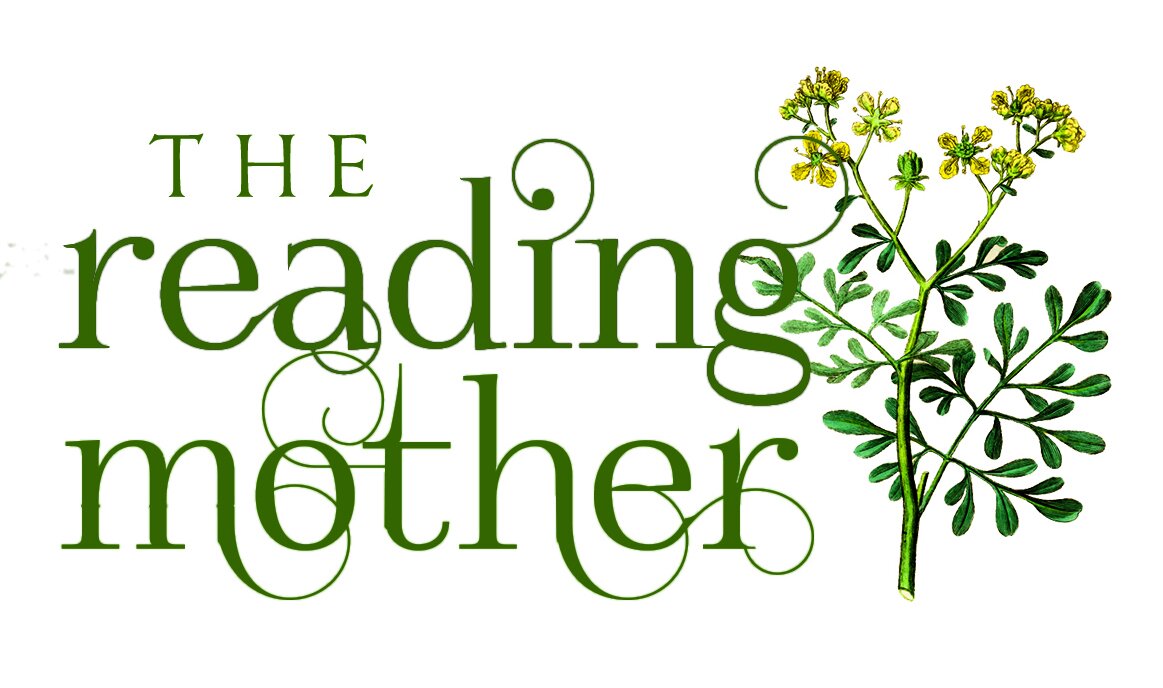“Chests of Jewels and Coffers of Gold”
Updated from a post published in 2012.
“It doesn’t matter what my child reads, as long as he reads," says the well-meaning but ill-advised friend. Yes, of course, I answer, just as it doesn’t matter what my child eats, as long as he eats. Books that are shallow and condescending to children are nothing more than junk food for the mind. Twaddle was Charlotte Mason’s exceedingly apt word for that which is insipid, silly, worthless, and trivial. The tendency toward twaddle is rampant in modern – and some not-so-modern – children’s literature. Shelves in the children’s section of bookstores and libraries are increasingly overrun with books written by authors who show little regard for the imaginations and intellectual powers of their target audience. Children are quite as susceptible to developing an insatiable hunger for twaddle as they are for junk food, so be at least as discerning in your literary choices as you are in your dietary choices.
Furnish the imaginations of your children with a treasure-trove of worthwhile stories. When they begin to put their own thoughts on paper, these riches will be at the ready. Look for stories that elevate what is good, true, and beautiful. This does not mean they should have no villains, no battles, no scary monsters—in that case, you would have to avoid reading the best of all books, the Bible. In the hands of a skillful author, elements of evil in a story can actually uphold virtue and build souls in the way that flat, one-dimensional stories can never do.
Where do you find such stories? Look first to the tales that ennobled great minds of the past—fairy tales, fables, Bible stories, myths, legends, nursery rhymes, poems. Steep yourself and your children in the beauty and truth found in the classic literature of childhood. With this as the standard, your children will learn to spot the counterfeit.
“A book which is enjoyed only by children is a bad children’s book. No book is really worth reading at the age of ten which is not equally worth reading at the age of fifty.” – C.S. Lewis
As every parent of a toddler knows, the first reading of a particular book inevitably leads to MANY readings of that book. Careful book choices, even for the youngest children, will end in delight instead of dread for the first, tenth, and ten thousandth reading. Goodnight Moon may be one that approaches that ten thousand mark in my lifetime. And yet, I was always genuinely delighted when any one of them handed it to me, and I continue to be delighted as I read it each week to my dear little grandson on “Grammy Day” before his nap. On the other hand, very early on in my parenting career I cleared the shelves of books that kindled dread instead of delight in my heart.
Strickland Gililan’s “Reading Mother” provides not only an aspiration for reading mothers:
You may have tangible wealth untold;
Chests of jewels and coffers of gold.
Richer than I, you can never be —
For I had a Mother who read to me.
but also specific recommendations for marvelous books that will aim you and your children toward a life well-read. Go back and read it again. Better yet, add it to your Morning Time memory work!
For specific recommendations of books for your young scholars, visit Ambleside Online’s page with articles, links, and explanations of Charlotte Mason’s ideal of the living book as the alternative and antidote to twaddle.

